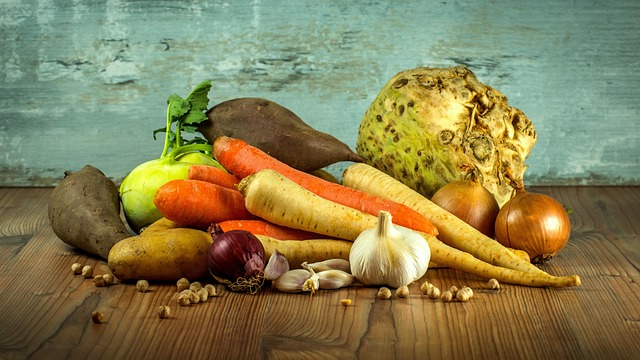As the New Year rolls in, many individuals find themselves faced with the familiar promise of embarking on a healthier lifestyle. New Year’s resolutions often revolve around achieving health goals—be it losing weight, increasing energy levels, or simply feeling better overall. Among the myriad of dietary choices available, gluten-free foods have emerged as a popular option for those looking to elevate their health journey. But what is the true impact of gluten-free foods on our health goals? The answer lies in the testing of gluten-free foods and understanding how they align with your personal objectives.
For those unacquainted, gluten is a protein found in wheat, barley, and rye. It poses a problem for many individuals, particularly those with celiac disease or gluten sensitivity. However, even for those who do not have these conditions, the decision to adopt a gluten-free diet can stem from a desire for improved digestion, heightened energy, or even weight loss. Yet, it’s essential to approach these changes with caution and knowledge.
While substituting gluten-laden foods with gluten-free alternatives can appear to be a straightforward fix, not all gluten-free products are created equal. The testing of gluten-free foods is crucial in ensuring that they meet the standards necessary for your health. Many commercial gluten-free items are heavily processed and can be high in sugars and fats, making them not necessarily a healthier choice. When embarking on a gluten-free diet, focus on whole, unprocessed foods. Fresh fruits and vegetables, lean proteins, and naturally gluten-free grains like quinoa or brown rice can be beneficial in achieving your health goals without compromising on quality.
As you step into the new year and aspire toward a ‘new me,’ remember that lifestyle changes require mindful choices. You might discover that incorporating gluten-free foods into your diet helps alleviate bloating or increases your overall vitality. Pay attention to your body’s response to these changes. If you feel better, your body may be telling you that gluten-free works for you. Subsequently, consider documenting your meals, your mood, and your energy levels. This practice will not only enhance your awareness but will also assist you in making informed choices going forward.
The journey to a healthier lifestyle is not merely about food; it’s about cultivating a long-term relationship with it. As we navigate the world of gluten-free products this New Year, keep in mind that unwavering focus on health is a comprehensive approach. It involves considering nutrition, mental well-being, and physical activity as intertwined elements of well-being. Ask yourself: What components of gluten-free foods can complement my existing health goals? The road ahead may be a mix of experimentation and learning, but each step is one toward a healthier you.
In embracing gluten-free foods, let’s remember that our resolutions are not just about the numbers on a scale or fitting into a certain size. They’re about fostering positivity and loving the skin we’re in. This year, let’s make a commitment to not only look for gluten-free options but to also educate ourselves on their nutritional value. By focusing on the quality of what we consume, we set ourselves up for success in our health goals.



